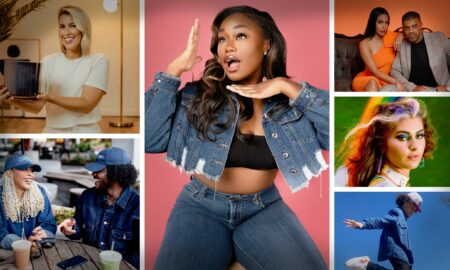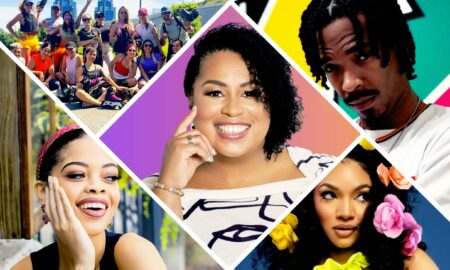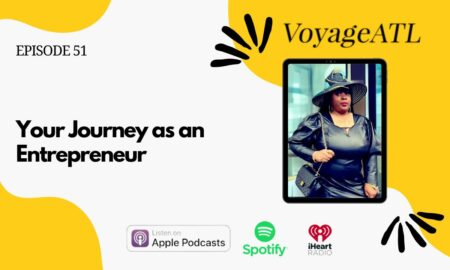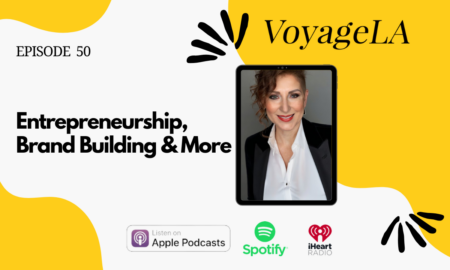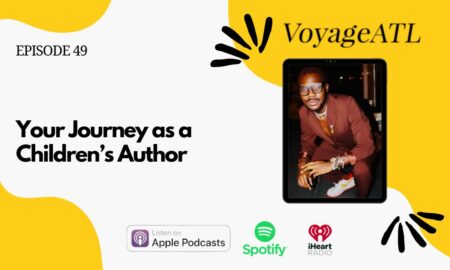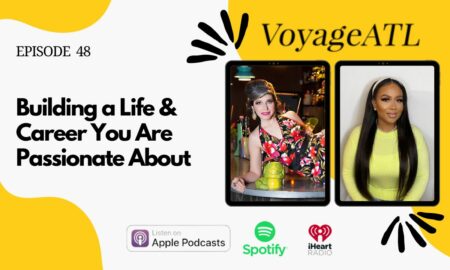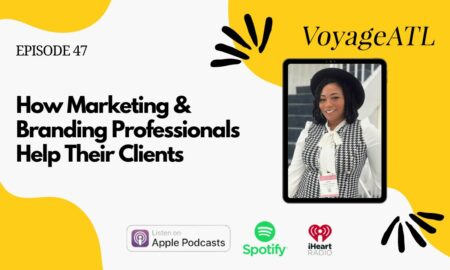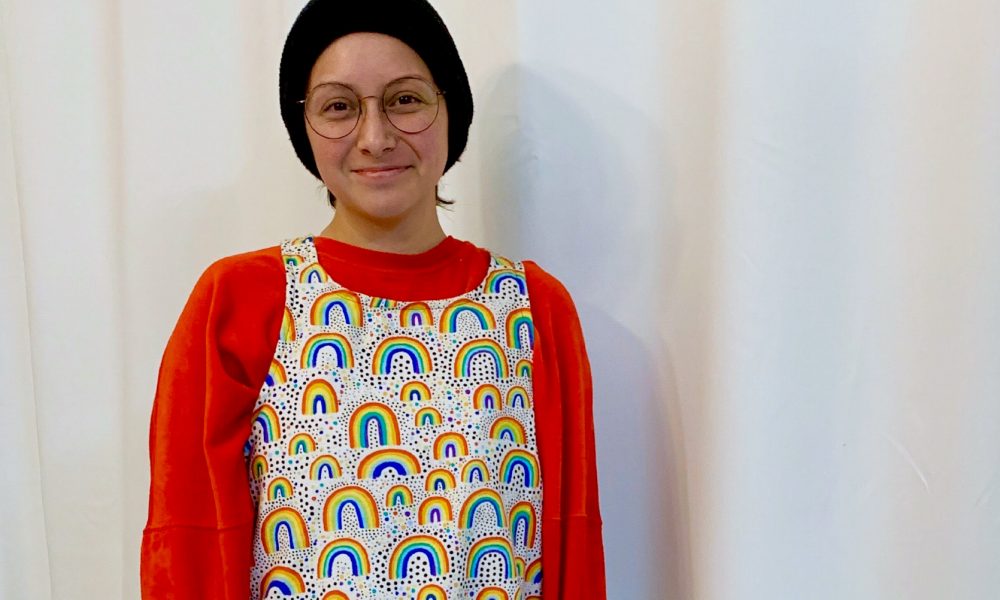

Today we’d like to introduce you to Mia Liana Garcia.
Mia Liana, let’s start with your story. We’d love to hear how you got started and how the journey has been so far.
My dad works in the music industry here in Nashville, which is where I was born and raised. He’s been on one tour or another for my entire life, and whenever he was home, we could hear him through the walls, working on songs 24/7. Because of his job, I was predominantly raised by my mom, who is the epitome of diy type. There were always a million projects happening at once. So I don’t think I ever really ”started” making, it’s just something I’ve always been around and always done. My family supported me without any hesitation when I decided I wanted to get a BFA.
As for where I am today, my work has grown stronger the more I’ve understood that the only original ideas I can really bring to the art world have to come from my specific combination of lived experiences. I made a lot of work about religion last year because I spent 13 years in catholic school. I made a lot of work about evolution because learning about darwinian medicine helped me cope with my own health problems. I forced those two subjects together because they exist in tandem in my life. Impersonal work about these big, floating, hard to grasp ideas typically do nothing for me if they aren’t tied down to an actuality of an artist’s life, and most of the time, they’re just not any fun.
We’re always bombarded by how great it is to pursue your passion, etc – but we’ve spoken with enough people to know that it’s not always easy. Overall, would you say things have been easy for you?
In some ways the road to my current practice has been smooth, and in others its been far from it. I’ve struggled a lot with my health, both mentally and physically. Substance abuse, schizoaffective disorder, and a long-standing stomach infection turned purging disorder have dominated my life for many years, and in turn, almost every piece of art I make can be directly tied to my health. But humor is the most effective coping mechanism for just about everything. These things aren’t so scary if I make them kinda funny, and these topics aren’t so uncomfortable if I make them kinda fun to talk about.
To anyone starting out, I would say don’t try to be cool. Make your work for you and about you, because if you try to make your work relatable, it will most likely come off far more stiff and ingenuine than your own lived experiences will, experiences that people are guaranteed to have shared because there’s 7 billion of us and no one is special.
We’d love to hear more about your work and what you are currently focused on. What else should we know?
I don’t feel I have a particular specialty. I switch between making sculptures and drawings most often, but I also work with sound, painting, collage, and writing on occasion. I would say I’m probably most well known for my sculptures, even though I went to school for painting and drawing, and the playfulness in my work that usually exists as some form of poking fun at loaded topics (and also making things cutesy). To pull from my aRtiSts biO, my work employs humor as both a disarming tactic and as a coping mechanism, dealing with themes of illness, morality, evolution, belief, “reality,” and family, all driven by an impossible desire to better understand and discuss certain human behaviors and experiences. I’m not sure if any of that sets me apart from others.
Finding a mentor and building a network are often cited in studies as a major factor impacting one’s success. Do you have any advice or lessons to share regarding finding a mentor or networking in general?
Ask for help when you need it and express gratitude without shame when it’s given to you. Ask questions and show people that you have a genuine desire to learn from them. Let people know you respect and value what they have to share with you. Talk to people like actual people, not like you’re trying to impress them all the time. Being able to talk to someone about things outside of art builds closer human level relationships, because of course if your networking within the art world, you already know that you share that interest. You need to get to know each other beyond that.
My mentor and I would talk about music and cartoons and our childhoods and whatever else happened to come up because all of it was somehow helpful. I would admit when I didn’t do a reading he assigned, because how are you gonna have a good discussion when you don’t know what you’re talking about. I would be open about uncertainties I had so that I could bounce ideas off of him and get a fresh perspective. In my experience, people will always be more receptive to you admitting your wrongs and shortcomings rather than trying to hide them.
Contact Info:
- Website: mialianagarcia.myportfolio.com
- Email: mia.lia0003@gmail.com
- Instagram: @mia._.liana





Suggest a story: VoyageATL is built on recommendations from the community; it’s how we uncover hidden gems, so if you or someone you know deserves recognition please let us know here.

